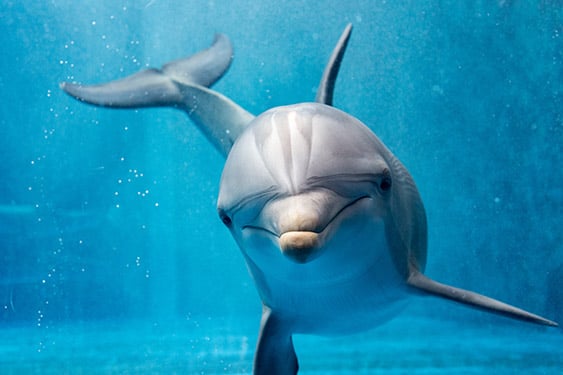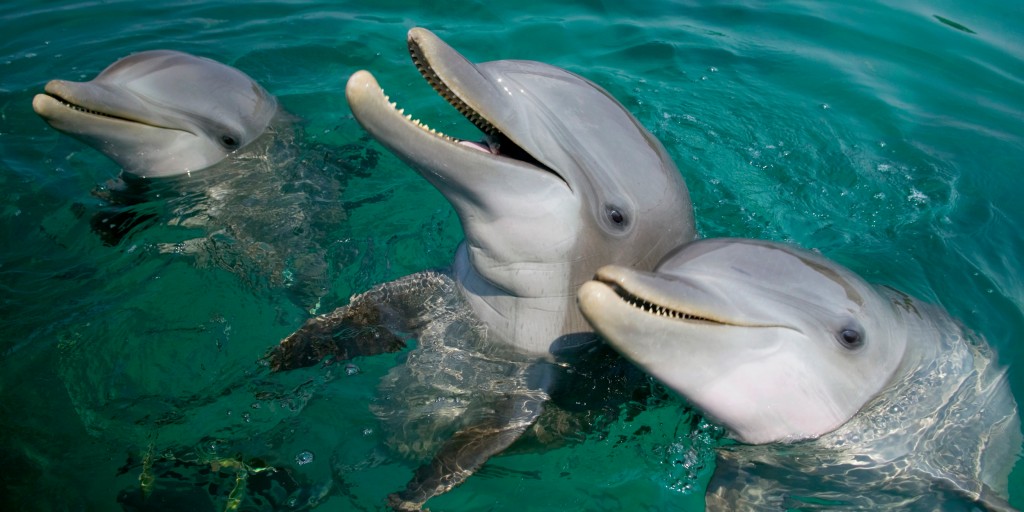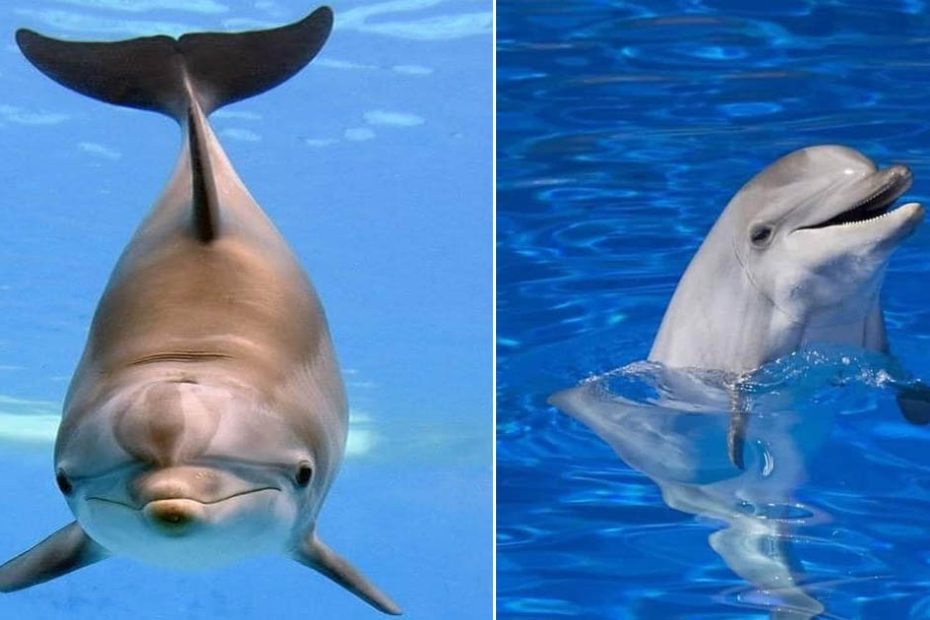
Dolphins, with their playful antics and intelligent demeanor, have long been regarded as some of the most enchanting inhabitants of the ocean. These charismatic marine mammals, known for their social behavior and acrobatic displays, capture the hearts of people around the world.

Dolphins belong to the family Delphinidae and are characterized by their streamlined bodies, curved dorsal fins, and friendly faces adorned with a perpetual smile. Their intelligence is a standout feature, as they are known for their problem-solving abilities, intricate communication skills, and remarkable capacity for learning.
.png&h=330&w=330&cropbox=1&cropboxhpos=center)
One of the most fascinating aspects of dolphin intelligence is their use of complex vocalizations and echolocation. Dolphins communicate through a series of clicks, whistles, and body movements, forming a sophisticated language that enables them to convey information, coordinate group activities, and even express emotions.

Dolphins are highly social animals, often found in pods ranging from a few individuals to several hundred members. These pods foster strong bonds among members, with dolphins displaying a sense of cooperation and mutual care. The intricate social structures of dolphin pods contribute to their success in navigating the vast expanses of the ocean.
Their playful nature is not just for entertainment; it serves important purposes in their development and social cohesion. Young dolphins, in particular, engage in playful activities that help them refine their hunting and social skills. Dolphins have also been observed riding waves, leaping, and performing acrobatic feats, showcasing both their physical prowess and their joyous approach to life.

Despite their captivating allure, dolphins face a myriad of threats in today’s oceans. Pollution, climate change, habitat degradation, and entanglement in fishing gear all contribute to the challenges they encounter. Moreover, dolphins are sometimes targeted by the captivity industry, raising ethical concerns about their well-being in marine parks and aquariums.

Conservation efforts are crucial to ensuring the survival of dolphin populations. Marine protected areas, sustainable fishing practices, and public awareness campaigns play essential roles in safeguarding these intelligent marine ambassadors. Responsible tourism practices, such as dolphin-watching tours that prioritize the well-being of the animals, contribute to their conservation as well.

Dolphins, with their intelligence, social bonds, and playful spirit, embody the magic of the oceans. As we continue to explore and exploit the seas, it is paramount that we recognize our responsibility to protect these incredible creatures and the delicate ecosystems they inhabit. By fostering a deeper understanding of dolphins and supporting conservation initiatives, we can ensure that these marine marvels continue to grace our oceans for generations to come.



